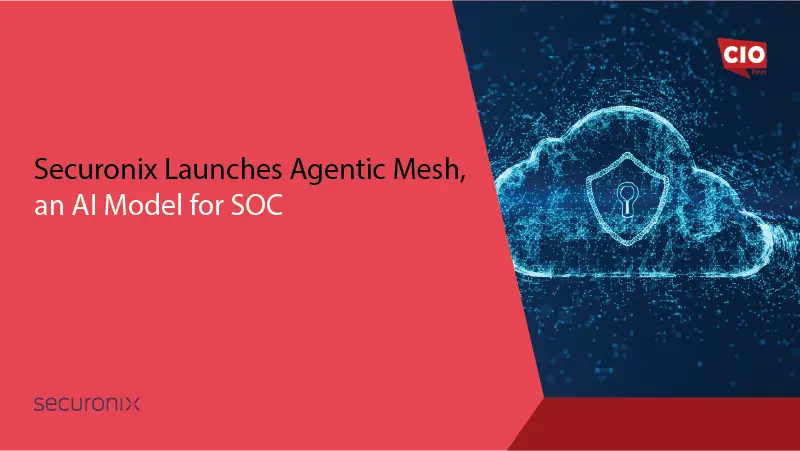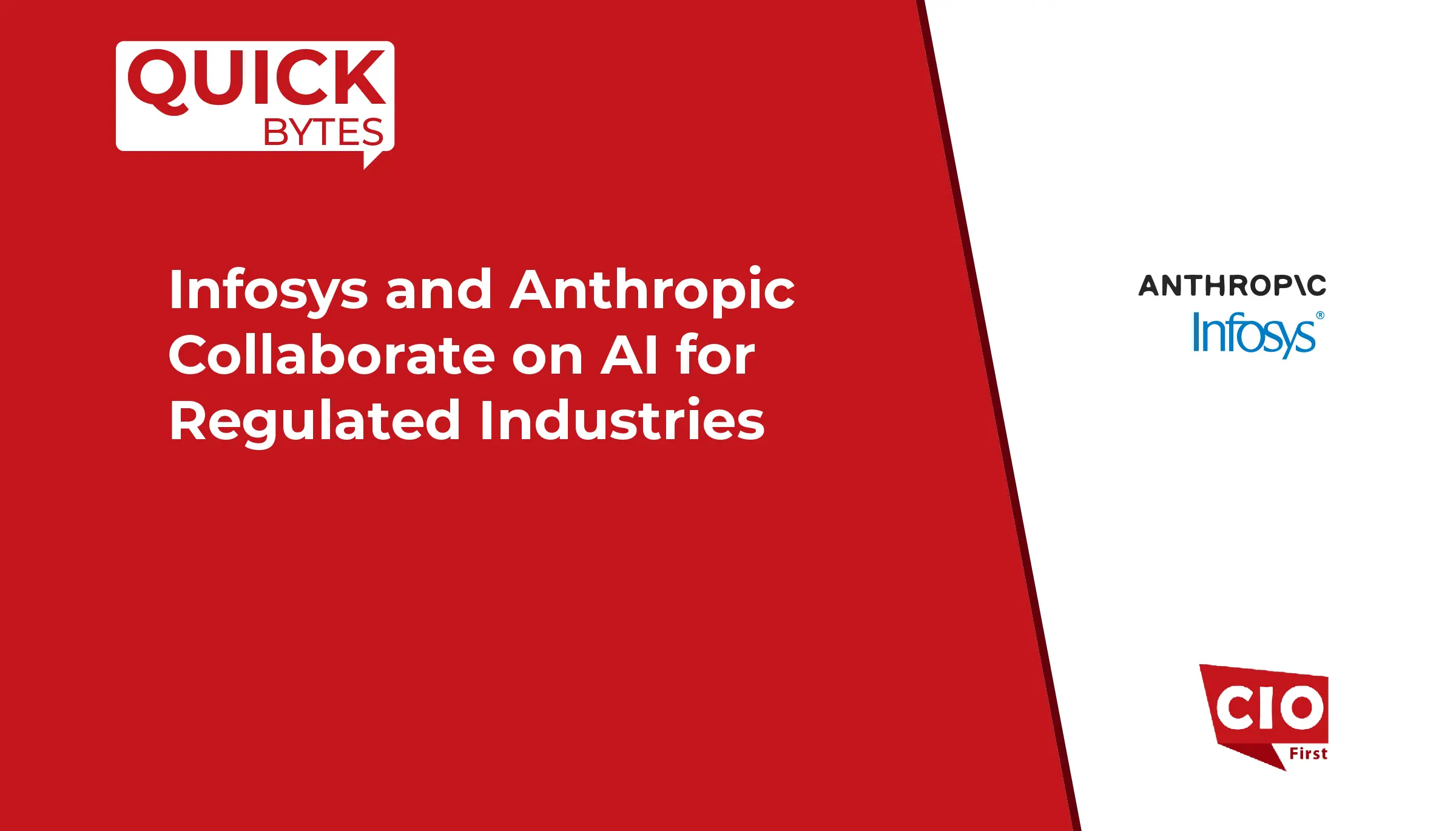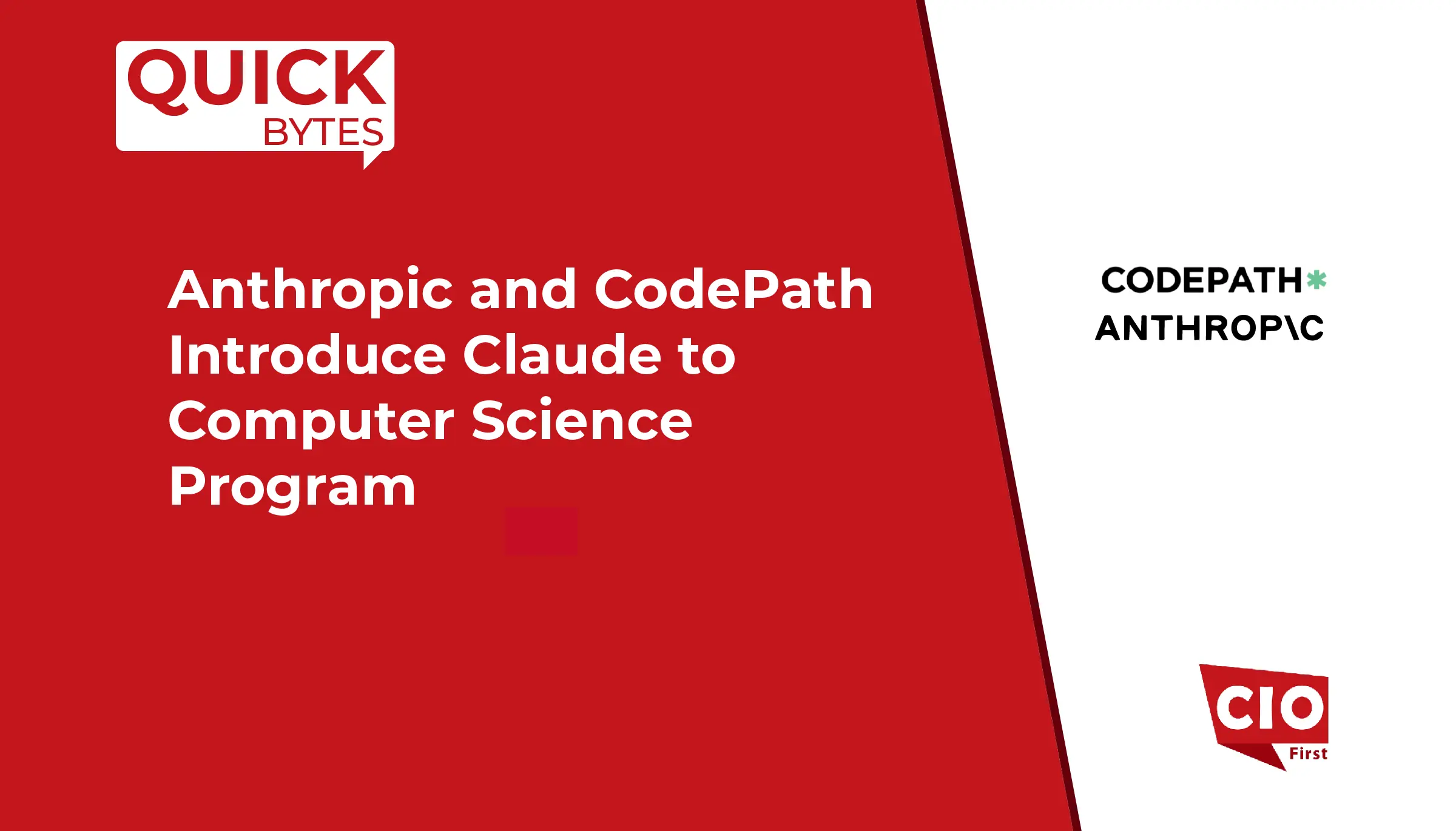CircleCI, the leading continuous integration and continuous delivery (CI/CD) platform, unveiled CircleCI releases, which enables developers to automate the release orchestration process directly from the CircleCI UI. With current support for Kubernetes and Amazon SageMaker, developers now have end-to-end visibility of their deployments in production and access to rollback commands (e.g., restore version, scale component, and restart component) for seamless release management. CircleCI releases makes deploying code less risky, user-focused, and more accessible for developers to ship faster with confidence.
Today, developers operate in increasingly complex tech stacks yet are under pressure to move quickly without compromising software quality. As a result, elite engineering teams are incorporating agile development practices like progressive delivery and canary releases, which provide the guardrails necessary for risk-free deployments via the ability to target, segment, and roll back releases. CircleCI releases enables software teams to automate the progressive delivery process with support for Argo Rollouts, giving developers complete control over their releases. Future support for blue-green deployments is slated for later in 2024. By automating CI/CD pipelines directly into the release orchestration process, software teams dramatically reduce mean-time-to-recovery (MTTR), giving them the confidence to resolve issues should releases go awry with little to no impact on their customers.
Also Read: Rumble Cloud Announces Strategic Partnership with Qinshift
Key features and benefits of CircleCI releases include:
- Change validation: Developers can validate the entire change from build to production.
- User-focused releases and minimized risk: Developers can connect their CI/CD pipeline directly to the customer experience to make releases user-focused, risk-free, and rollback-friendly.
- Increased code confidence: With automated release orchestration, teams will definitively know that their code is working as intended.
- Automated rollbacks: Manual rollbacks take 45 minutes to an hour. Automated rollbacks make the delivery process fast, efficient, and streamlined.
- Real-time service validation: Developers can safely release code to a controlled subset of real users in a live production environment to get immediate feedback on how code performs. Flexible subsets include internal testers, beta customers, or an external low-risk customer group of choice.
- Performance degradation prevention: Automate your release conditions and best practices into a release policy to act as guardrails. By automating software validation in production and rolling back releases when necessary, developers, operators, and customers are protected from performance degradation.
SOURCE: BusinessWire


























